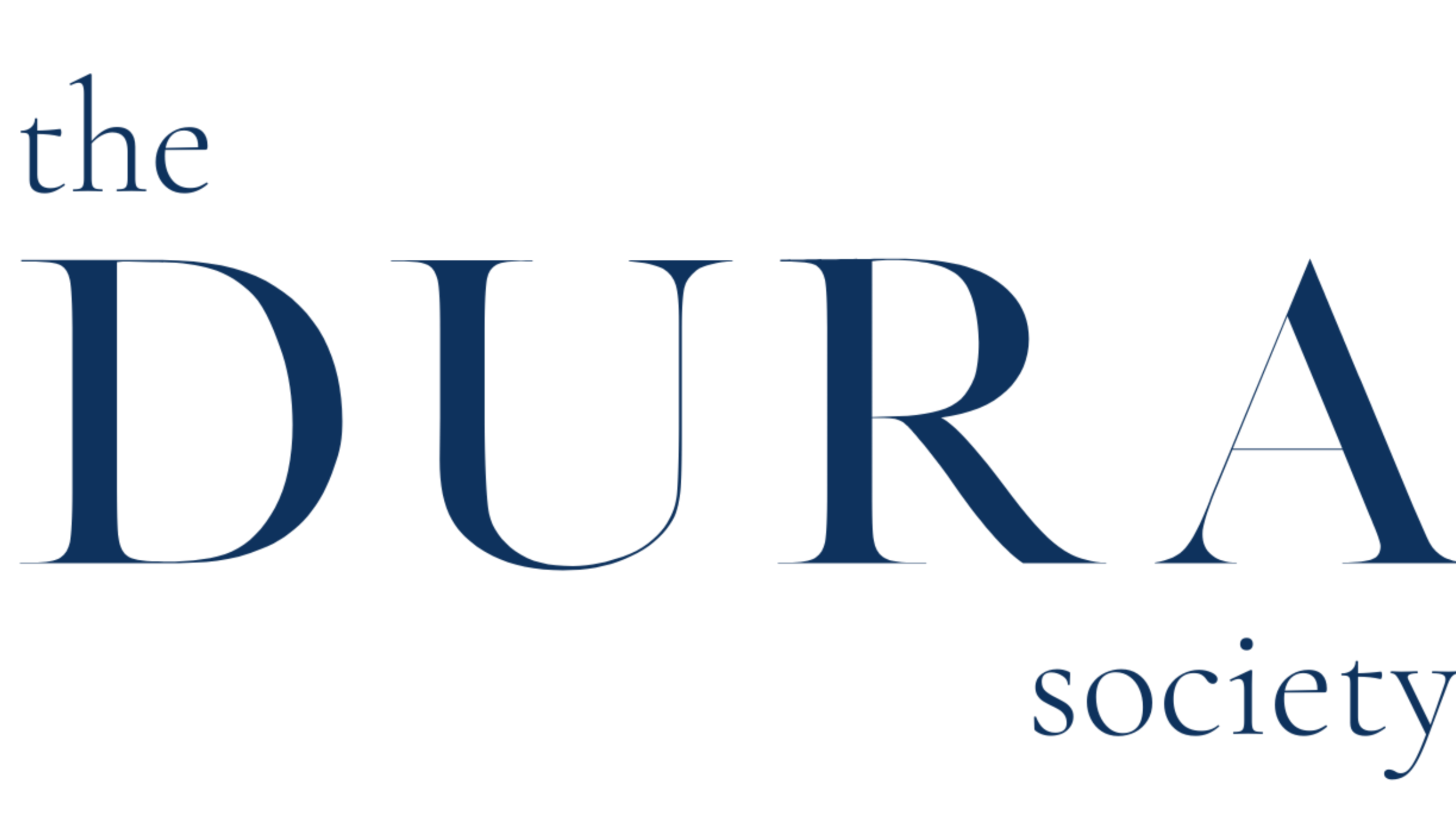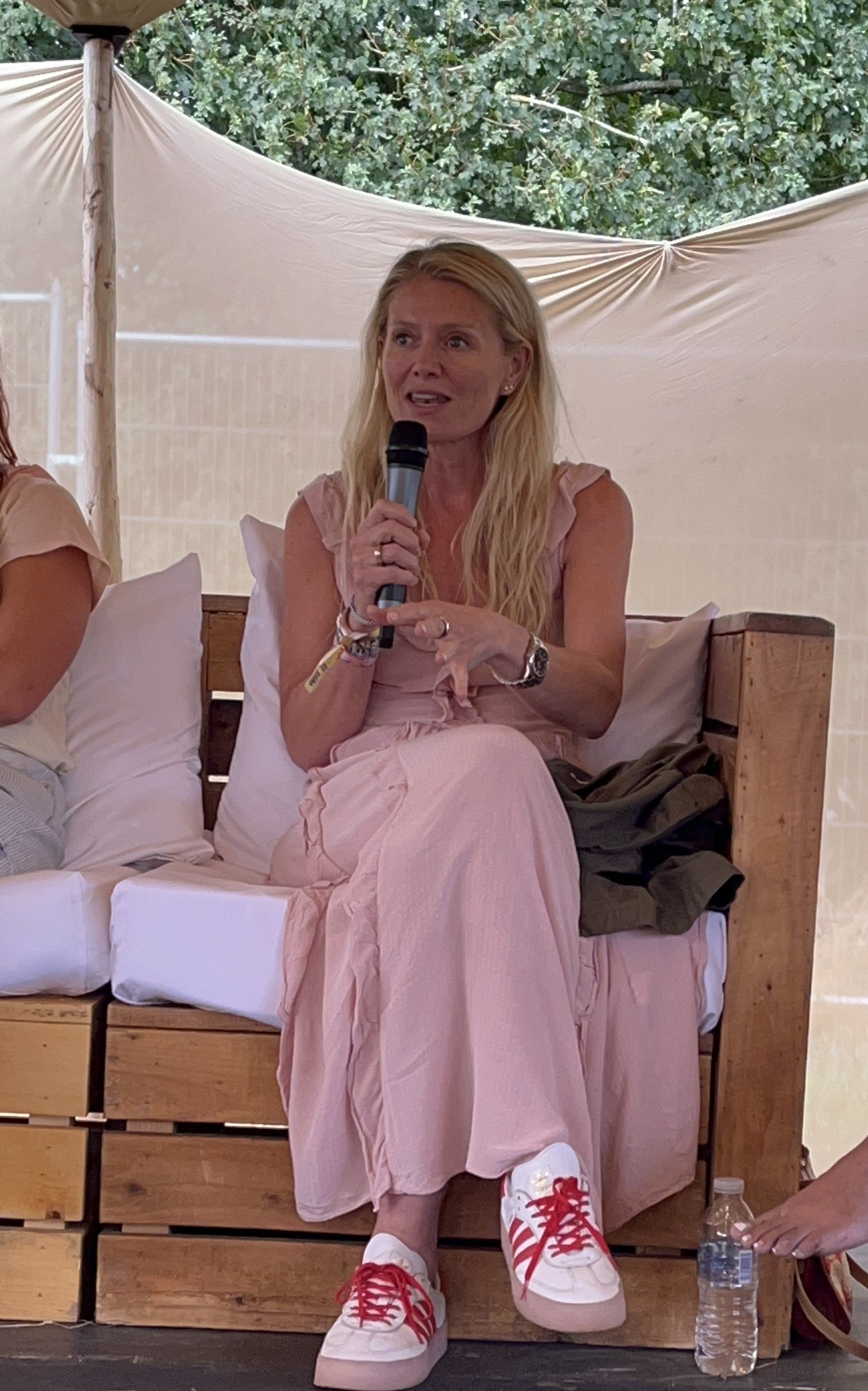Introducing Elizabeth Cowper, founder of Ludo
Meet Elizabeth Cowper, founder of Ludo. Elizabeth understands how to engage talent, drive wellbeing in the workplace, power the success of women at work and create a strong culture of inclusion. It’s her thing. In 2022 Ludo won Inclusion Initiative of the year by Corporate Livewire and Rising Stars in Corporate Wellbeing. Ludo won Global HR Tech of the Year 2023. Elizabeth has been listed as one of 10 Most Futuristic Business Women Pioneering Innovation 2022 and Top Five Unstoppable Women Leaders to Watch 2023.
“I am the Founder of Ludo, a business providing a digital solution to drive wellbeing and inclusion in the workplace. We offer Speakers, Training, Workshops, HR Consultants and Coaching too, to provide a full wrap around service to any company dedicated to a people-first culture. I had a career of 25 years in HR working for businesses such as LVMH, Tapestry and Harvey Nichols, and stepped out to set up Ludo when I realised there is still so much work to be done to create and maintain an inclusive culture. In my last corporate role I learned how to measure the ROI of initiatives to engage and retain talent. I think this is essential for HR leaders when they sit in front of the CFO.”
Join us as Elizabeth shares her experience as a woman in business, the importance of wellbeing and inclusion in the workforce, and how gratitude and kindness are key to longevity and success.
website | Instagram | @womo_with_elizabeth | linkedin
What was the inspiration or experience for you to do what you do?
I am a mother of 3, I have always worked full time, and I have supported thousands of employees in my career. I have seen incredible employees drop out of the workforce because they are marginalised, feel disconnected or cannot be in their full expression of self. I wanted to change things to give a toolkit to HR leaders recognising the future of work is changing. Fast.
What are some of the challenges that you are looking to overcome in the industry?
By 2025 75% of the global workforce will be millennials. 88% want businesses with a purpose drive culture aligned with their own values. This is something that cannot be ignored. A good DEI strategy is not a ‘nice to have’. At Ludo, I want us to transform the way businesses maintain good strategic cultural initiatives. Employees who can truly be in their full expression of self, feel a sense of belonging and are truly valued by their employer, will be more productive, have a higher happiness index and will stay longer in a company. It is good for employees and good for business. We eat, breathe and sleep this at Ludo.
Which areas do you focus on supporting HRs with, and how do you do this?
We focus on wellbeing and inclusion at work. The intersection between the two is critical for success. Through our tech, we provide immediate access to support through Maternity, Menopause, Health (including Mental Health) and Fertility. For HR, when logged into the system we have a Learning Hub providing practical advice and support to drive a winning culture of inclusion. This content provides in the moment training opportunities for HR to support and guide line managers when needed.
In addition we provide ad hoc and ongoing HR consulting services where needed, workshops on a wide range of topics and speakers.
How can companies improve their DEI initiatives authentically?
There are a few key points when it comes to driving a successful DEI culture. First consistency. It is easy to implement an initiative that is well received by the employees and then let it slide. This ends up creating more damage than good. Consistent communication, messaging and action demonstrates to employees this is serious and as a business you are committed. Second is feedback. ERGs (Employee Representative Groups) are a great way to bring employees together to have a voice. Then its important to give them that voice. A cadence of regular feedback followed by action is essential for employers. Third. Dedicate time in company townhalls and company events to recognise and celebrate relevant dates. Invite your employees to share the key dates they might like to celebrate. It could be a religious festival celebrated by a small group of employees. This way everyone gets to learn. There are many other ways you can build a culture that sticks, but that’s three to get you started!
How do you balance motherhood and business?
It has its challenges! I have said many times before, you can have it all but not at the same time. I have dropped the ball many times over the years, missed school plays and key work meetings because I had to make the call and prioritise one or the other. It is a never ending juggle. My youngest is ADHD and he needs some additional support at the moment, which is then a shift for me and the business. The pivot is real! It feels like there is a curve ball weekly but I have got used to riding the roller coaster. Some days better than others!
Can you share any notable experiences as a woman in business with us?
Women are a marginalised group. The gender pay gap is still 136 years away from closing, so that will never happen in my lifetime. Women still struggle to have a voice in many circumstances, and the workplace is still full of bias. I have had to pull on my masculine energy to push hard in the workplace, and still do sometimes. It is exhausting. I think finding the courage and confidence to be open and honest, is the hardest thing for women. We are fearful of being too emotional, direct or dressing the wrong way. Men just don’t think like that. I realise we are making great strides in the workplace but we still have to keep this topic top of mind.
On a personal level, I have had 3 children, I have worked all the way through, and I have had to fight to climb my way up the career ladder. And each maternity leave I felt disconnected and lost, particularly as for me, my work is a key part of my purpose. I think it is important employers recognise a women is more than the mother to a child when she goes on maternity leave. She is your employee, that was and still is brilliant!
WEALTH
Describe your relationship with money in three words?
Practical, pragmatic and responsible (I’m a Virgo!)
What is your definition of wealth?
Health is wealth. I think wealth is something we feel. Having money in the bank is a safe feeling but family, friends and your health all contribute to all round wealth of self.
What did you learn about finance and money when you were growing up?
My parents made us earn it. If I asked my Dad for £5 he would say ‘no problem, go and wash the car’. From a young age I had to earn it. This was good grounding. Both my parents worked too. This set me up with a good work ethic I believe.
The best investment you have ever made?
Probably property.
What is your number one financial priority?
Paying the mortgage for now. I have longer term thoughts on what I want to achieve. For now it is more of a fire-fighting stage, and that’s ok.
How often do you talk about money with your friends?
Rarely.
Which area of finance do you wish you knew more about?
Crypto and NFTs. I have no idea if this is something I should or should not pay attention to.
What is one non-negotiable luxury in your day-to-day expenses?
My health.
WELLNESS
What do you do to relax?
I go to the gym, go to yoga and meditate.
What is the most important life lesson you have learnt?
Gratitude is the foundation for inviting in so much good. Go in kind and grateful and you will be rewarded!
Do you have a mentor or inspirational figure that has guided or influenced you?
Yes! I worked for an incredible CEO way back in my career. And he is still someone I see as a mentor, legend and all round guru to this day. I still go to him for advice.
What is a quote that you live by?
Just BE
If you weren’t doing what you do… what would you do?
I would be a psychotherapist.
What’s next for you?
To develop Ludo to meet client needs and on a personal level, to expand my coaching to support neurodiversity. I think this is a critical support area for the workplace and all learning in this area helps me with my son too. It is a win-win.





